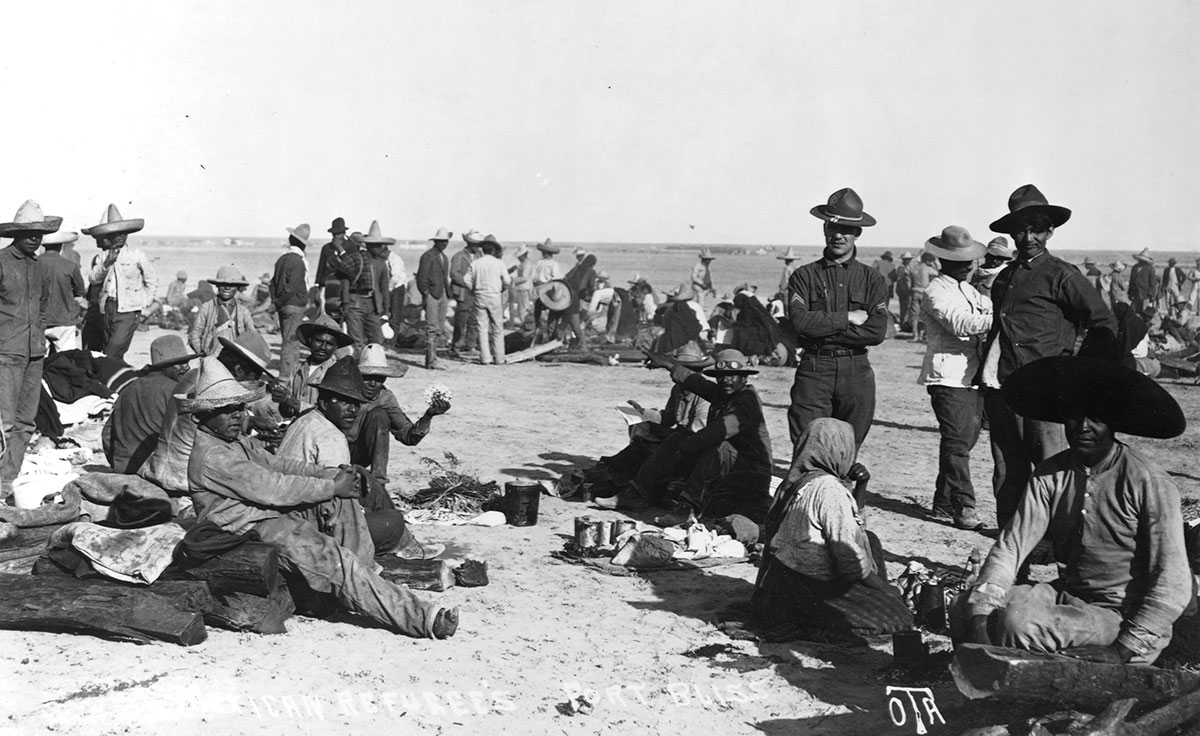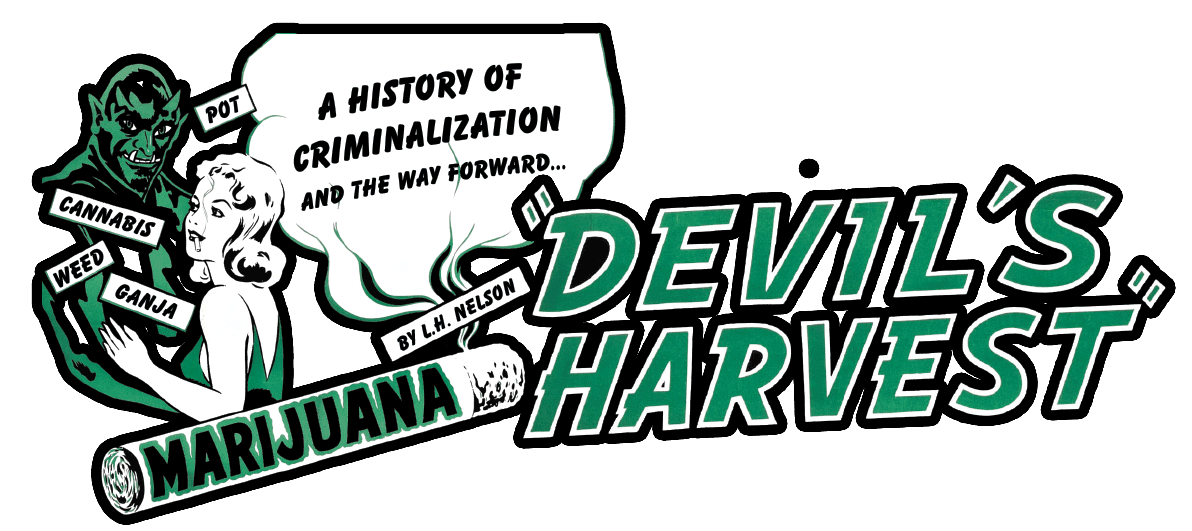By L.H. Nelson
The fight to legalize the use of marijuana for medicinal and/or recreational purposes has been at the forefront of American politics for decades. Many of its advocates have been willing to come out of the shadows, risking their reputations, careers, and incarceration to educate our country on the realities of its benefits. But the federal government continues to dig in its heels, refusing to allow marijuana to be legally consumed or researched.
Historical studies have found that marijuana use dates back as far as 3800 years ago when it used to treat seizures associated with epilepsy. Since the 1830s, marijuana has been used to ease symptoms brought on by cholera. Physicians understood that it alleviated migraines, insomnia, rheumatism, and inflammation. Beyond its medicinal benefits, people discovered that its stalk could be used to craft hemp rope, paper, and canvas. It was seen as such a value to society that in 1619 a law was passed by the Virginia Assembly requiring all farmers to grow it. Despite this, the American government later managed a way to criminalize its use – a criminalization interwoven with a history of prejudice and greed.

In 1910, the Mexican revolution resulted in an upsurge of marijuana loving Mexican immigrants entering into the United States. As can be expected, those immigrants and their traditional source of intoxication were met with prejudice. Law enforcement officials in Texas made radical claims that marijuana incited human blood lust and empowered its users with a kind of superhuman strength. As marijuana spread into the Gulf States, articles were written associating it with prostitution, social deviancy, African-Americans, and “underworld whites”. Headlines labeled marijuana as “Murder Weed” and a drug through which children would become enslaved.
Needless to say, by 1931 twenty-nine states had banned marijuana and in 1937 the Federal Government enacted the Marihuana Tax which levied taxes on anyone who dealt commercially in cannabis, hemp, or marijuana. The American Medical Association (A.M.A) was at odds with this piece of legislation because it primarily impacted pharmacies, cannabis cultivators, and doctors who depended on marijuana to relieve the suffering of their patients. In fact, legislative counsel for the A.M.A. objected to the 1937 bill on the grounds that it had been prepared in secret and openly questioned claims about marijuana being addictive or prompting violent behavior.
Some have made the claim that very powerful business men Andrew Mellon, Randolph Hearst, and the DuPont family were acting behind the scenes of the 1937 Act because hemp was cutting into their profit margins. Hemp was cheaper than paper which was used to make newspapers which in turn impacted Hearst’s lucrative timber interests. Mellon, who was also Secretary of the Treasury, had invested in DuPont who had created nylon and was being beat out by more inexpensive hemp. Thus, the Act was put into effect and their profits soared.
 Punishments for marijuana use or possession gradually became harsher until the 1960s when it began showing up in predominantly white, suburban-class neighborhoods. It was only then that the penalties began to lessen and in 1972 the National Commission on Marihuana and Drug Abuse released a report challenging the harsh punishments associated with its use or possession. The commission concluded that criminalization was “too harsh a tool to apply to personal possession even in the effort to discourage use,” and that “the actual and potential harm from the use of the drug is not great enough to justify intrusion by the criminal law into private behavior, a step which our society takes only with the greatest reluctance.” By the mid-1970s, most states relaxed their penalties for marijuana possession, despite the federal government continuing to keep marijuana classified as a Schedule I controlled substance. Today, this classification puts roadblocks in the path of researchers trying to study the plant and its benefits.
Punishments for marijuana use or possession gradually became harsher until the 1960s when it began showing up in predominantly white, suburban-class neighborhoods. It was only then that the penalties began to lessen and in 1972 the National Commission on Marihuana and Drug Abuse released a report challenging the harsh punishments associated with its use or possession. The commission concluded that criminalization was “too harsh a tool to apply to personal possession even in the effort to discourage use,” and that “the actual and potential harm from the use of the drug is not great enough to justify intrusion by the criminal law into private behavior, a step which our society takes only with the greatest reluctance.” By the mid-1970s, most states relaxed their penalties for marijuana possession, despite the federal government continuing to keep marijuana classified as a Schedule I controlled substance. Today, this classification puts roadblocks in the path of researchers trying to study the plant and its benefits.
The only government entities able to change marijuana’s Schedule I status are the Drug Enforcement Administration (DEA) or the Department of Health and Human Services (DHHS). In order for that to happen, the DEA and DHHS must be given guidance by the Food and Drug Administration (FDA) and the National Institute of Drug Abuse (NIDA)cv when reviewing scientific evidence on which to base a schedule change. Getting one government agency to move is difficult enough, let alone four. But in order for scientific evidence to be presented, research must be allowed.
Today researchers like Dr. Sue Sisley of Phoenix, Arizona continue to put their careers, reputations, and freedom on the line to change national attitudes towards marijuana and its benefits. Dr. Sisley wants to research whether or not smoking marijuana can help veterans who struggle with post-traumatic stress disorder (PTSD). Her work began in partnership with the University of Arizona and Johns Hopkins University. But before her research could begin, she was fired by the University of Arizona and soon after Johns Hopkins dropped out as well. Dr. Sisley alleged she was let go because of political pressure from state lawmakers she had lobbied when she sought funding for her study from the Arizona Department of Health Services.
Despite these setbacks, Dr. Sisley continues to fight for her ability to conduct research and has managed to get it sponsored by the Multidisciplinary Association for Psychedelic Studies (MAPS) and funded with a $2.1 million grant from the Colorado Department of Public Health and Environment. She continues to seek veteran candidates for her study with a goal of reaching seventy-six participants by August of this year. Unfortunately, the Veterans Administration (VA) will not inform veterans of the study because they say it violates federal law. However, if you are interested in participating in her study you can find out more information at wecanstudy.org.
For thousands of years people have understood the benefits of marijuana use, both medicinally and functionally. As society progressed, so did its prejudice and greed which fueled its criminalization. We must educate ourselves and others about the benefits of marijuana so we can work together to change the laws of this great nation we proudly served. We need to start doing our part to break down archaic government laws banning marijuana and allow research to be conducted. We must also remind lawmakers that we are the people who put into office in order to free our nation from unreasonable persecution for the crime of wanting to heal our minds and bodies using a natural alternative to the deadly and addictive opiates we are prescribed.

